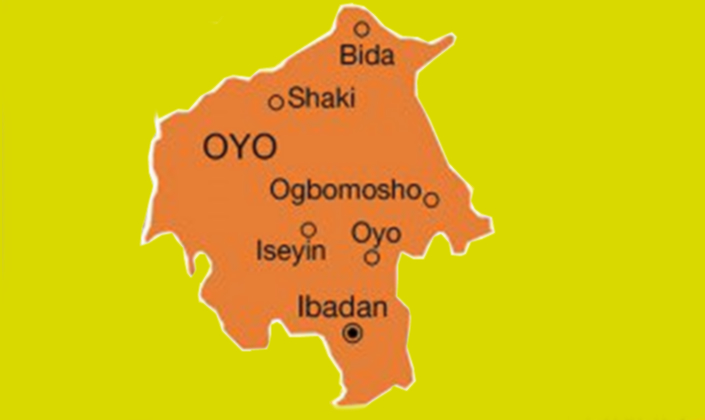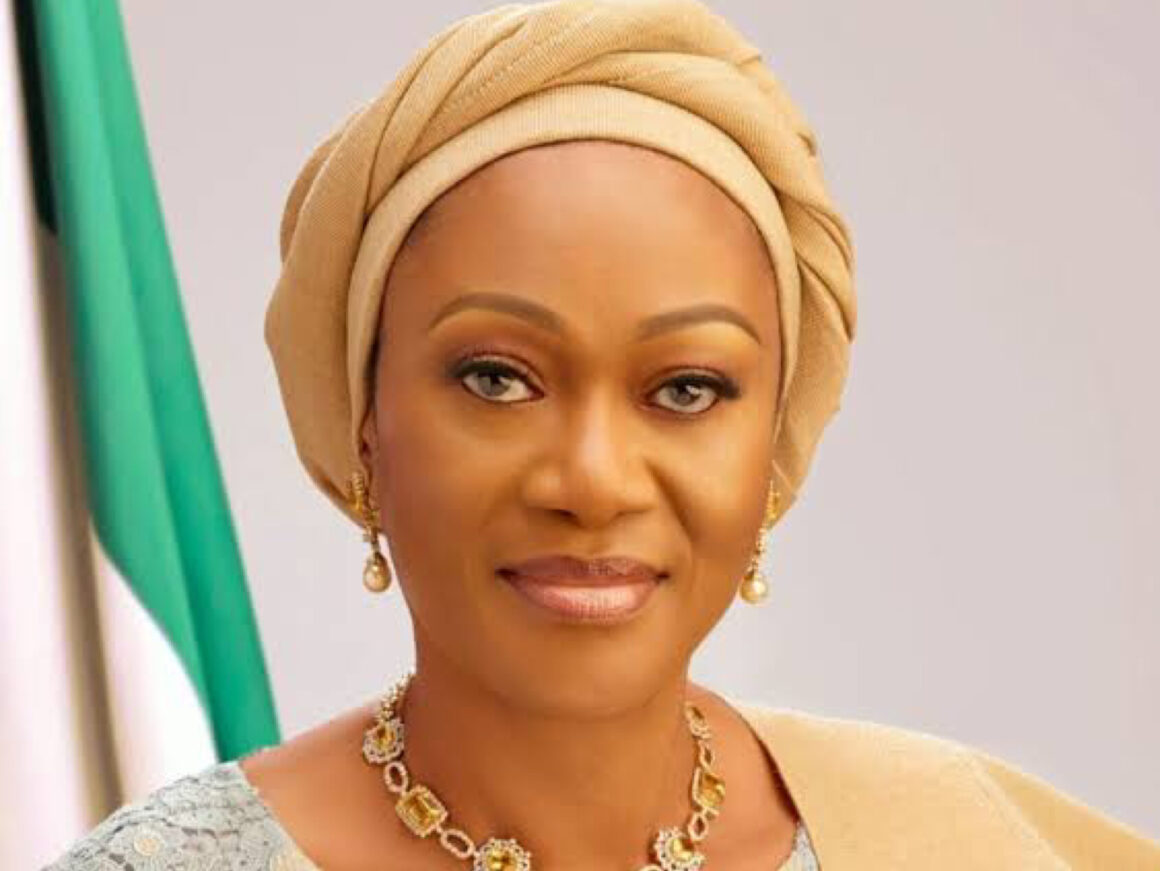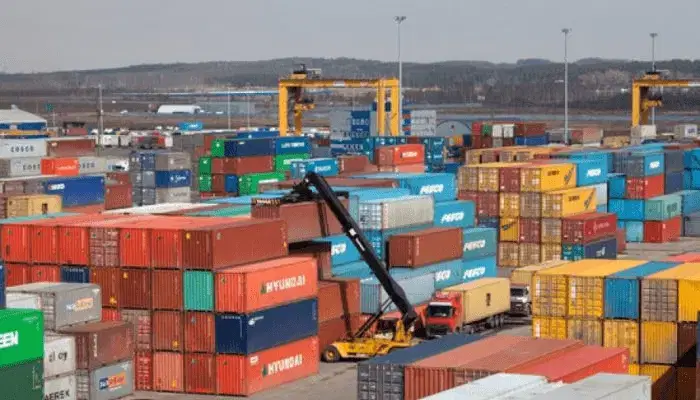National News
Nigeria charts bold path for greener, resilient buildings
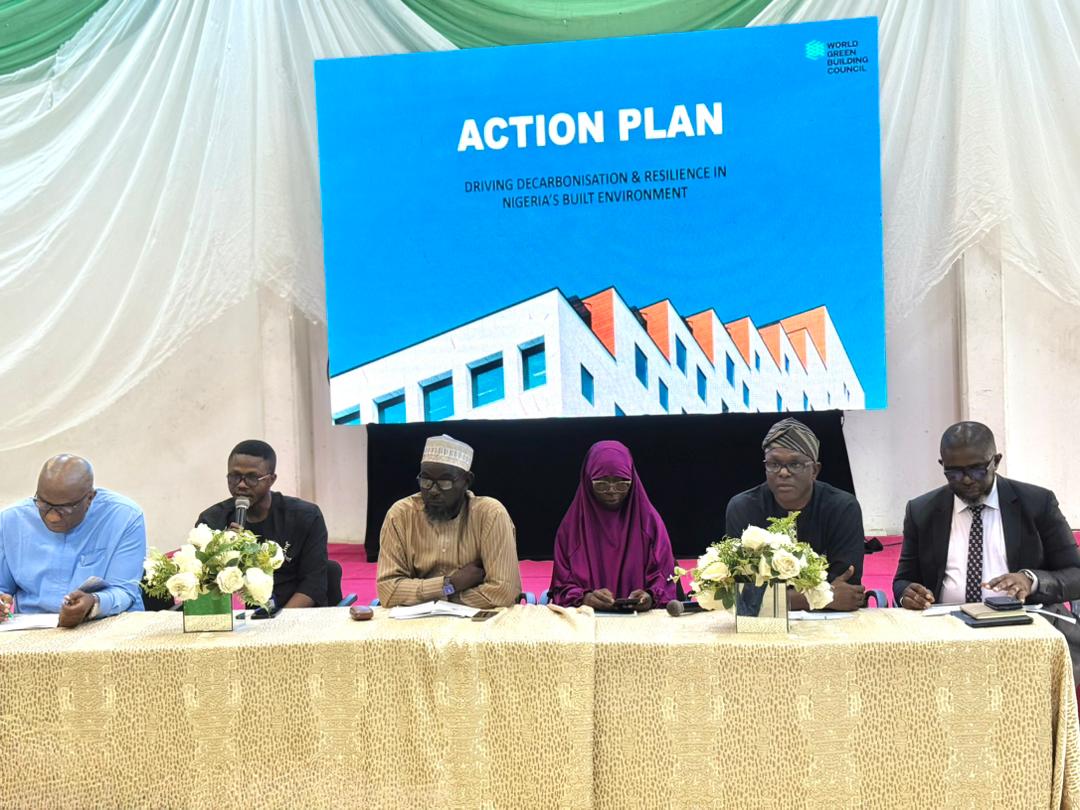
The Minister of Housing and Urban Development, Arc. Ahmed Musa Dangiwa, represented by Dr Japhet Musa, has reaffirmed the Federal Government’s commitment to advancing safer, more sustainable and inclusive urban development across Nigeria.
Speaking at the North Central Regional Workshop on “Be Bold on Buildings” held in Abuja, the Minister described the initiative as a crucial step in transforming Nigeria’s national climate pledges into tangible and state-level action. The global campaign seeks to accelerate decarbonisation in the built environment while boosting resilience against the effects of climate change.
The Minister remarked, “Urban development is not merely about constructing buildings and infrastructure; it is about building communities, nurturing ecosystems and creating inclusive spaces where every Nigerian can thrive. Sustainability is not a burden but an opportunity to create jobs, improve health, and protect our planet. Let us build not just structures, but legacies.”
He outlined the government’s strategic vision built on five pillars: policy reform and green standards; affordable, sustainable housing; decentralised urban planning; climate-responsive infrastructure; and inclusive, participatory governance.
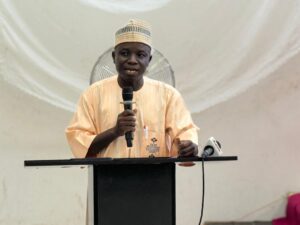
The President of the Green Building Council of Nigeria (GBCN), Mr Danjuma Waniko, described the Nationally Determined Contributions (NDC) Scorecard for Sustainable Building Project as part of the “Be Bold on Buildings” campaign as “a global yet locally grounded initiative designed to transform the way we build, live and sustain our cities.
“We have moved from planning to implementation. This project empowers every region in Nigeria to align building practices with climate commitments, ensuring what we have on paper becomes a visible reality in our communities. Our focus now is to take these plans to the regions because true climate action begins where people live, work and build.”Waniko said.
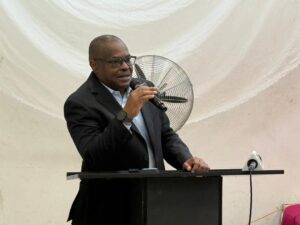
Delivering a goodwill message, Mr Moses Aja, Deputy Director of Housing at the Federal Capital Development Authority (FCDA), emphasised Abuja’s growing reputation as a model for sustainable urban development.
“The NDC Scorecard offers a unifying framework. It helps us measure progress, identify challenges and inspire other states to replicate successful models. Abuja is ready to serve as a living laboratory for green and climate-resilient growth.”Aja explained.
He acknowledged the sector’s challenges — including weak regulatory enforcement, limited green financing, and fragmented institutional coordination but pledged the FCDA’s commitment to addressing them through innovation and strategic partnerships.
Commissioner for Housing and Urban Development in Plateau State, Hon. Sylvanus Dangtoe, highlighted local measures to address climate challenges.
“We are mandating that every new building plan include at least one tree,” Dangtoe revealed. We aim to restore greenery and improve urban resilience while reducing the impact of climate change on our communities.”
He added that the Plateau State Government is revising the Jos Master Plan to embed sustainability principles, expand green spaces and introduce renewable urban renewal schemes. The state is also collaborating with UN-Habitat and other partners on water harvesting, eco-friendly construction materials, and inclusive planning across its 17 local government areas.
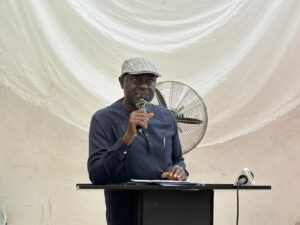
GBCN Technical Lead, Mrs Sangeetha Ramaraj, explained that the NDC Scorecard was developed through a bottom-up process combining research, stakeholder engagement, and policy mapping across 15 states.
“We found significant policy gaps in areas such as biodiversity, nature-based solutions, and equity. Our scorecard now provides a roadmap for closing these gaps with measurable, time-bound actions. The action plan proposes eight strategic objectives, including capacity building, green finance, data strengthening, pilot projects, and multi-sectoral collaboration to make Nigeria’s built environment a catalyst for sustainability and innovation,” she noted.
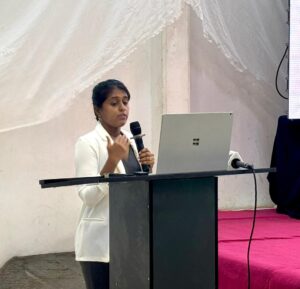
The workshop underscored the shared resolve of government agencies, professional bodies, and development partners to transform Nigeria’s building sector into a benchmark for sustainability and climate resilience.
-

 News34 minutes ago
News34 minutes agoOpposition Reps raise alarm over alleged non-implementation of 2025 budget
-

 World News25 minutes ago
World News25 minutes agoNigeria’s exports to Africa hits N4.82trn
-

 Business31 minutes ago
Business31 minutes agoCurrency outside Banks rises 10.2% as money supply expands
-

 National News23 minutes ago
National News23 minutes agoClean Energy key to survival, healthy living — Remi Tinubu
-
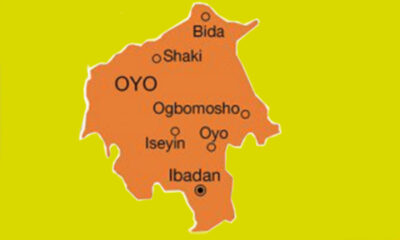
 Metro18 minutes ago
Metro18 minutes agoPolice Inspector killed as officers rescue kidnap victim in Oyo

